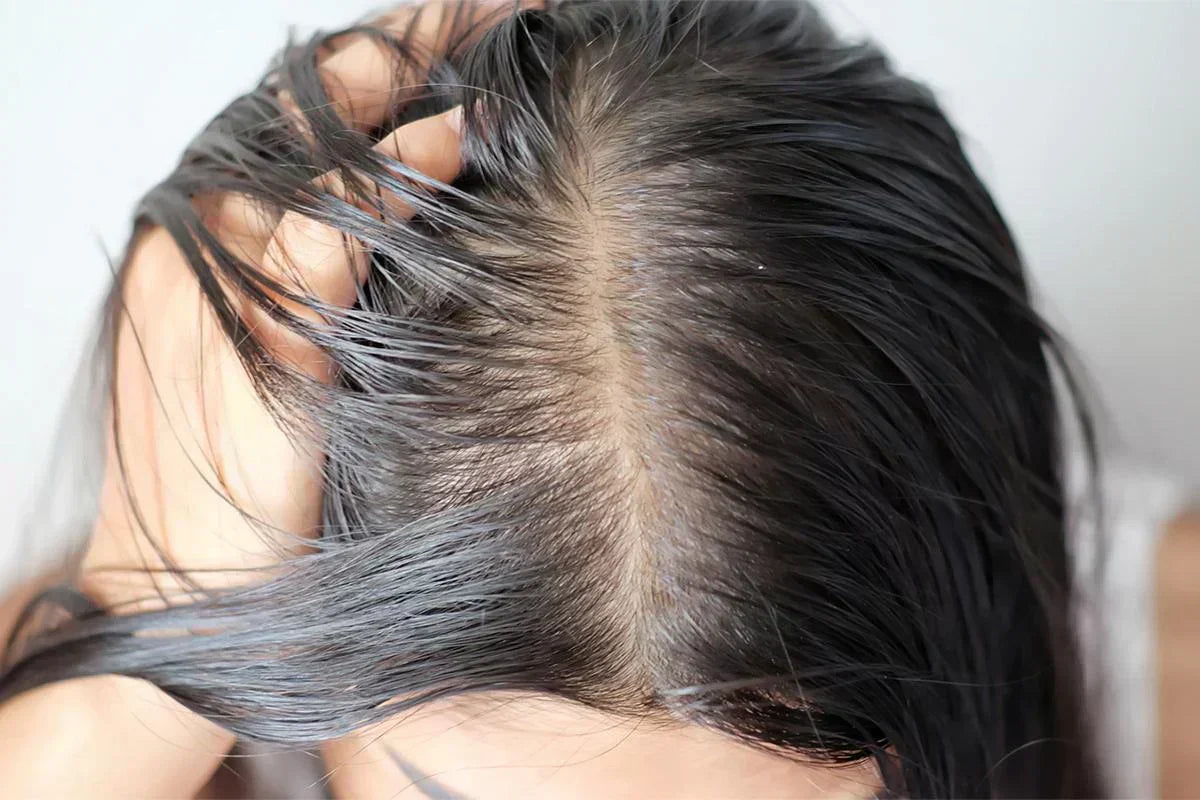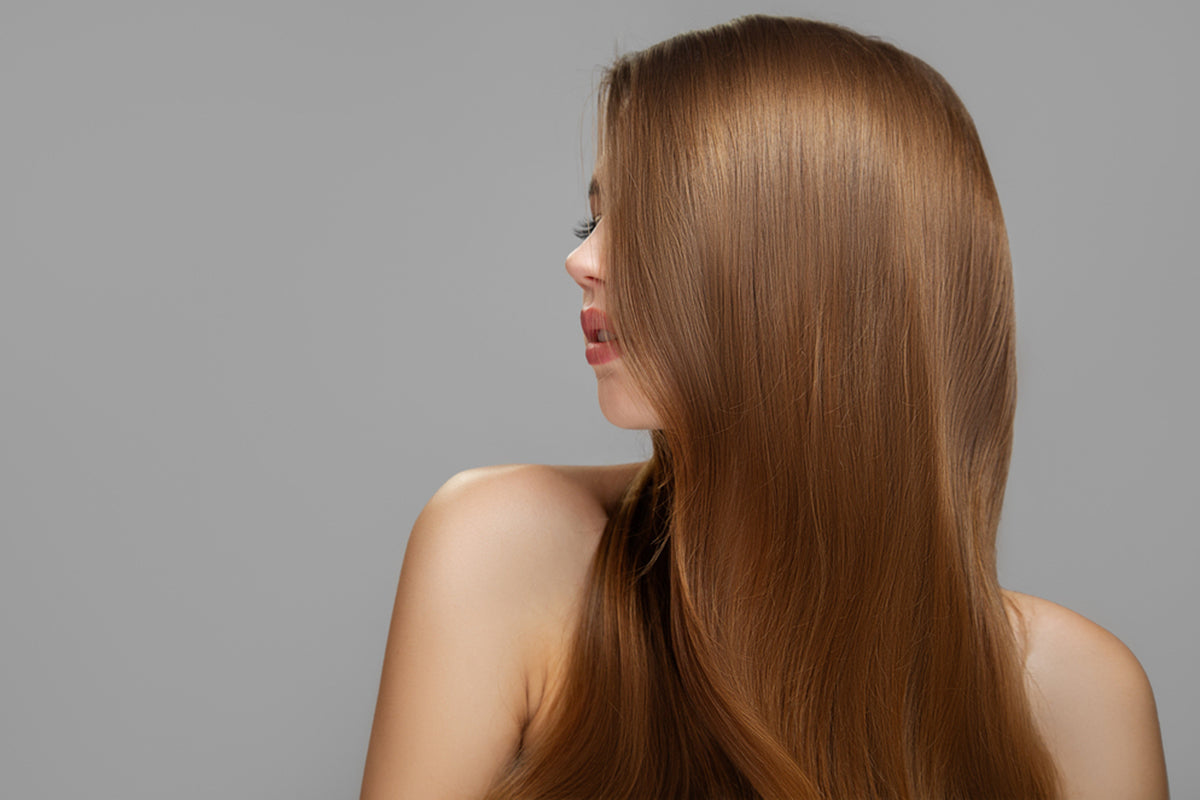"Why is my hair so oily even after washing?" Let us break it to you— you are not the only one scratching your head over this: it's a common question many people ask. The real reason? It’s the sebum — that natural oil your scalp produces to keep your hair hydrated. However, when your scalp gets into overdrive, this oil accumulates quickly. What else do we know? Hormonal fluctuations, over washing, product buildup, stress, or even genetics can cause overproduction of oil. Sometimes, the use of the wrong shampoo makes it even worse.
Common Causes of Oily Hair
Knowing the cause enables you to use the right solution that is actually effective for your hair type. Let's break it down:

Over Washing
If you are washing your hair every day, you might be doing too much. Why? It can dry out your scalp, and guess what? It goes into overdrive and produces more oil.
Heavy Products
Heavy products near the roots? That is not a great idea. Products like thick serums tend to weigh your hair down. Try keeping them away from the scalp.
Touching Your Hair Frequently
Avoid touching your hair often if you have oily hands. As oil can easily transfer to your hair from your fingers.
Hormonal Changes
Oily hair can occur as a result of puberty, menstruation, or extreme stress.
Weather and Humidity
Naturally, heat and moisture stimulate oil production. This could also be one of the reasons for having oily hair.
Now that we are aware of the common causes, what kind of shampoo can help manage it.
What Shampoo Is Good for Oily Hair?
What's a good pick? A lightweight clarifying shampoo that tackles grease and won’t dry your hair out. This product keeps your hair in check without leaving your hair feeling like a straw. The GK Hair’s Balancing Shampoo is a great choice. It cleanses deeply without stripping your scalp of its natural oil, thanks to its Juvexin and botanical extract infusion.

A few other great ingredients to look for in shampoo for oily hair comprises of tea tree oil, salicylic acid, and charcoal. Both of which are renowned for absorbing and removing excess oil.
Best Hair Habits to Control Oily Hair
Having a better approach to how you treat your hair can make a big difference. Here is what you need to do:
-
Wash 2-3 times a week to allow your scalp to balance its oil production.
-
Application of conditioner should only be from the mid-lengths to the ends. This is because your hair roots can do without it.
-
Wash your brush frequently—product build-up can deposit oil back into your hair.
-
Sleep on a clean satin pillowcase to reduce oil transfer and friction.
The Best GK Hair Products for Oily Hair
When your hair constantly feels greasy, you need a hair care system that keeps oil in check without drying out your strands. Try this power product from GK Hair:
-
GK Hair Balancing Shampoo
-
Use the GK Hair’s Vent Brush after shampoo application to lift and distribute product evenly through your roots.
-
If you're a regular heat styler, seal with a small amount of the GK Hair’s ThermalStyleHer Cream on ends—not roots—to protect without extra oil.
That is not all yet. There are other important considerations to explore when finding answers to the question ‘why is my hair so oily?’
When to Seek Expert Advice
Oily hair is sometimes linked to conditions like hormonal imbalances- this is when the body produces excessive or little of one or more hormones- or seborrheic dermatitis. If your scalp itches, flakes, or the oiliness comes with acne, then this is the time you speak with a dermatologist for expert advice.
The National Library of Medicine also notes that sebum secretion is connected with genetics and hormonal regulation, specifically androgens. Last but not least, the American Osteopathic College of Dermatology offers a guide to oily scalp treatment and seborrheic dermatitis. View their recommendations here.
Managing oily hair can be no easy feat, but once you understand your scalp’s needs and adjust your routine, the change is almost instant. Avoid over washing, pick the right products, and treat your hair gently.















Leave a comment